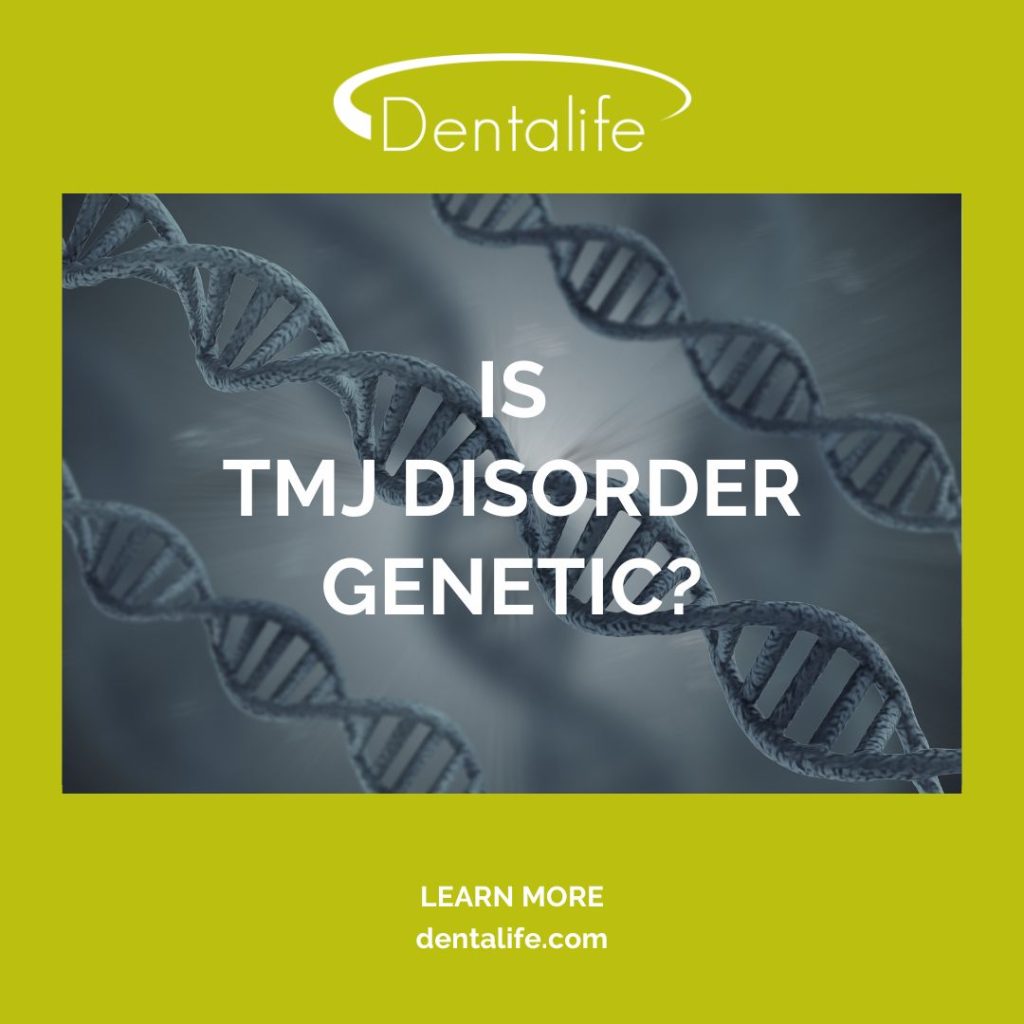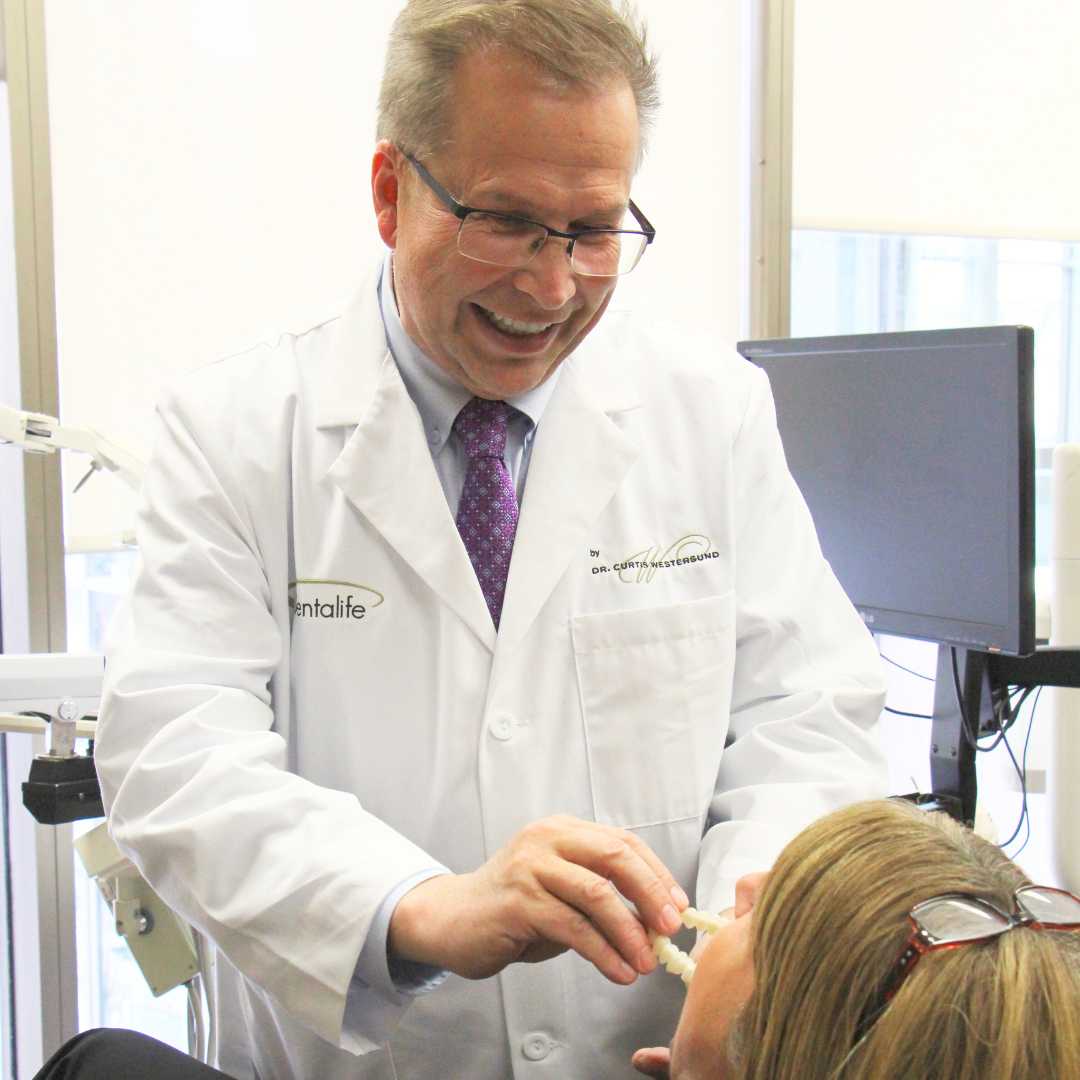Temporomandibular Joint (TMJ) disorders, commonly referred to as TMDs, can be a frustrating and often painful condition that affects the jaw, neck, and head. If you suffer from TMJ disorder, you may wonder why you developed it. Is it due to your lifestyle, an injury, or could it be genetic? The answer is a mix of all these factors.
Are Genetics to Blame for TMJ Disorder?
Genetic factors are believed to play a role in TMJ disorders. Studies show that some individuals may inherit a predisposition to certain conditions that increase the likelihood of developing TMJ. These may include:
- Arthritis: Genetic predisposition to arthritis, such as osteoarthritis or rheumatoid arthritis, can affect the jaw joint.
- Facial structure: Certain jaw shapes or misalignments can be inherited, placing more stress on the TMJ.
- Muscle tension tendencies: If your family has a history of clenching or grinding their teeth, you may be more prone to develop TMJ disorder.
However, while genetics may create a foundation, they do not guarantee that you will develop TMJ disorder. Other factors can contribute significantly.
Additional Causes of TMJ Disorder
In many cases, TMJ disorder results from a combination of genetic and external factors, including:
- Jaw Injury: A trauma to the jaw, like an accident or a sports injury, can damage the joint.
- Bruxism (clenching or grinding): Stress-induced habits, like clenching or grinding teeth during sleep, can strain the TMJ.
- Poor posture: Slumping or holding the head in an unnatural position for long periods (like staring at screens) can impact jaw alignment.
- Chronic gum chewing: Overusing the jaw muscles can lead to strain.
- Arthritis: As noted, arthritis can lead to inflammation and degeneration of the jaw joint.
How TMJ Disorder Can Negatively Affect Your Life
Living with TMJ disorder can be overwhelming and deeply disruptive. The pain often goes far beyond the jaw and can impact daily activities like eating, talking, and even smiling. People with TMJ disorder may experience:
- Chronic jaw pain: A dull ache or sharp, localized pain around the jaw joint.
- Frequent headaches or migraines: The strain on facial and neck muscles can trigger severe tension headaches.
- Limited jaw movement: Opening or closing your mouth can feel stiff or painful.
- Earaches and dizziness: The proximity of the TMJ to the inner ear can cause pain, ringing in the ears (tinnitus), and balance issues.
- Neck and shoulder pain: TMJ misalignment can cause muscles in the upper body to overwork, resulting in soreness and fatigue.
These symptoms can wear you down emotionally and physically, making it difficult to enjoy daily life. Simple pleasures like chewing your favorite foods, laughing with friends, or having a conversation may feel impossible when pain persists.
What Can Be Done for TMJ Treatment?
Fortunately, TMJ disorder is treatable. A qualified TMJ dentist can diagnose the condition, identify its root causes, and recommend a customized treatment plan. Some effective solutions include:
- Dental appliances
Mouth guards or splints are custom-made to prevent grinding and clenching while improving jaw alignment. - Neuromuscular orthotics
These specialized orthotics help reposition the jaw, relieving tension and promoting proper alignment to minimize discomfort. - At-home remedies
Patients can try at-home treatments, such as applying hot and cold packs, avoiding hard or chewy foods, practicing relaxation exercises, and limiting unnecessary jaw movements. - Posture adjustments
Simple changes in how you sit or hold your head can reduce strain on the jaw muscles.
Meet Dr. Curtis Westersund, Calgary’s TMJ Dentist
TMJ Dentist Dr. Curtis Westersund at Dentalife in Calgary has helped hundreds of patients suffering from TMJ disorder regain their quality of life. With years of experience and a focus on personalized care, Dr. Westersund understands how debilitating TMJ symptoms can be. His approach combines advanced dental solutions and patient education to address the underlying causes of TMJ disorder and provide long-lasting relief.
Find the Relief You Deserve
If you’ve been struggling with TMJ pain, you don’t have to accept it as part of your life. Understanding the causes—whether genetic, environmental, or lifestyle-based—can empower you to take action. With the right diagnosis and treatment plan, you can reduce your discomfort and reclaim your freedom to talk, eat, and live without pain.
Take the first step toward a healthier, pain-free life by exploring TMJ treatment options. Relief may be closer than you think. Schedule an appointment today




